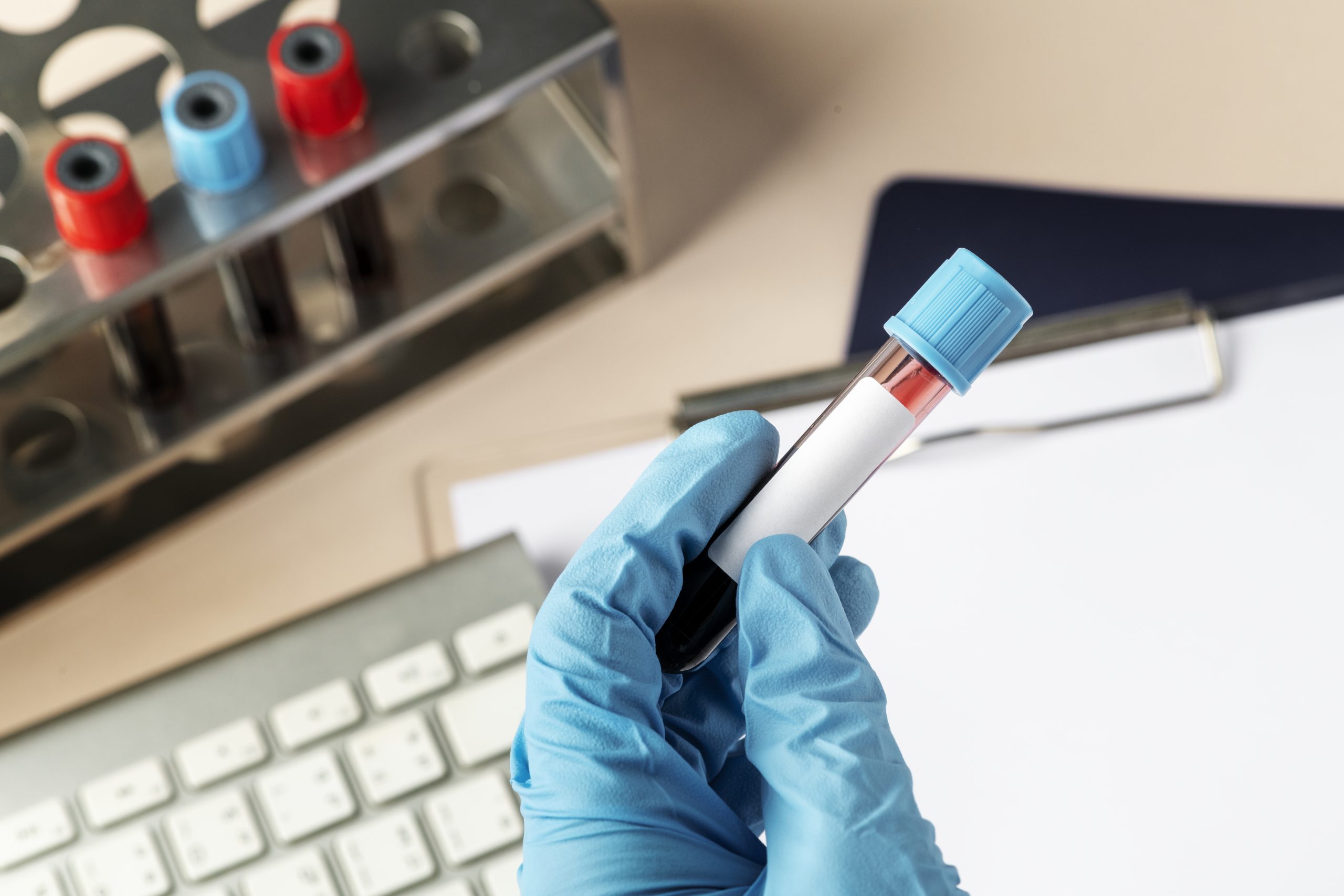In recent years, probiotics have been touted as the magic formula to improve gut health. Countless celebrities have been spotted carrying probiotic-laden teas and yogurts with their doctors deeming probiotic supplements as “must haves” in interviews. And they seemed to have a point, as maintaining a good balance of gut bacteria has been linked to a myriad of positive physical and mental health outcomes. But recent research shows that ingesting probiotics might not be the solution we are looking for and may in fact put a dent on our gut’s natural ecosystem (flora). Two journal articles on these findings were published back-to-back in the Cell journal last week.
The first study
Researchers from the Weizmann Institute of Science and the Tel Aviv Medical Center sought to explore whether taking probiotics did lead to the colonization of the gastrointestinal tract with good gut bacteria and whether they had an effect on the individuals who took them. Unlike previous studies where researchers looked for answers by assessing the bacterial activity in the stools of human participants, this team of researchers sought to directly study their gut flora.
For the first study, 25 participants had undergone upper endoscopies and colonoscopies to assess their baseline microbiome in different parts of their gastrointestinal tracts. 15 of those participants were divided into two groups – one group was given probiotics and the other, a placebo.
The participants underwent another round of endoscopies and colonoscopies to assess their guts’ reactions to the experiment and were then followed by researchers for another two months.
The researchers found that the probiotic bacteria had only colonised the guts of some of the participants (called “persisters”) whereas the others (called “resisters”) eliminated them.
They also found that being a persister or resister affects whether probiotics will have an impact on an individual’s natural microbiome and gene expression, and on that basis, they were able to make predictions on whether a participant is a persister or a resister.
The researchers also found that previous studies’ dependencies on stool samples to assess whether probiotics have successfully colonised the gut to be misleading as in this study, all the participants who took the probiotics had remnants of them in their stools, whereas only some retained them in their gut where they were supposed to remain. As a result, they concluded that the effectiveness of probiotics cannot be considered as universal as previously thought and that people’s natural gut ecosystem influence their impact.

Source: New Atlas
The second study
In this study, researchers aimed to test conventional advice that tells patients to take probiotics with their antibiotic prescriptions to help restore the gut bacteria eliminated by antibiotics.
To do this, the researchers had given 21 participants antibiotics and split them up into three groups with each testing a different approach to restoring gut flora. The first group of participants were not given anything and had to wait for their gut flora to naturally restore itself. The second group were given the same probiotics the participants took in the first study. The third group, however, tested out an approach in which their own gut bacteria, taken from them prior to consuming the antibiotics was transplanted back to them using what is termed an “autologous faecal microbiome transplant” (aFMT).
For the entire second group of participants, the probiotics they took were able to easily recolonise their gut but this inhibited their guts’ restoration of their natural microbiomes and gene expression profiles for months after. Conversely, the third group of participants who had undergone the aFMT approach were able to restore their natural gut flora and gene expression profile in days.
The researchers say that these findings indicate that probiotics may not be a harmless one-size-fits-all approach to treating patients who have been on antibiotics as previously thought. In fact, they say that these results indicate that probiotic use with antibiotics may have long-term negative effects.






Leave A Comment
You must be logged in to post a comment.